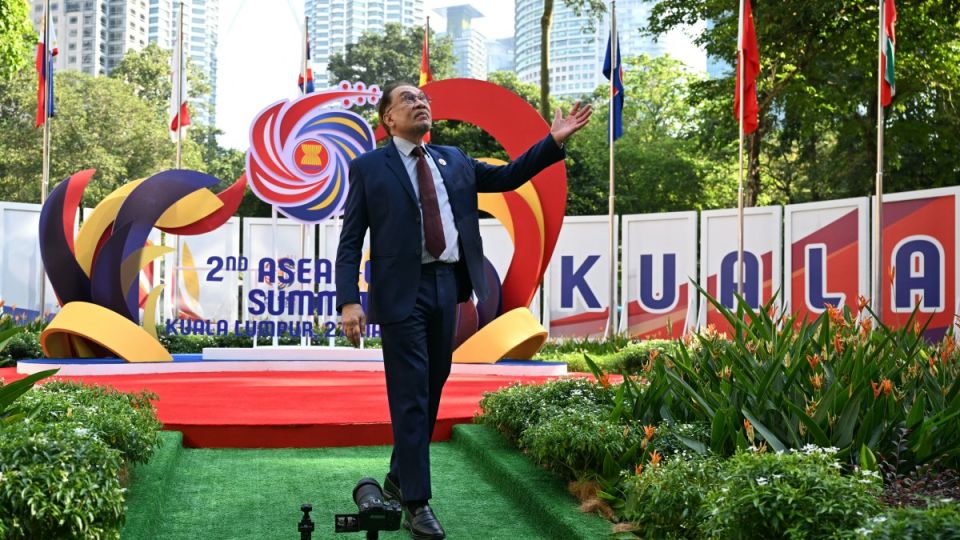October 24, 2025
PETALING JAYA – As Malaysia concludes its tenure as Asean Chair, observers say it has been a successful year, marked by key milestones while staying true to the grouping’s principles in many of its endeavours as Chair.
The Asia Group partner Alexander C. Feldman said Malaysia played a role in helping Asean navigate through complex geopolitical challenges, one of them being higher tariffs imposed by the United States on the bloc’s members.
“Malaysia helped develop a coordinated Asean response to increased US tariffs, achieving consensus that members would engage but abstain from retaliation, while maintaining flexibility for each country to pursue their own bilateral negotiations,” he added.
Feldman also lauded Prime Minister Datuk Seri Anwar Ibrahim’s “careful diplomacy” which helped broker a ceasefire in the Thailand-Cambodia border conflict.
“Anwar has invited US President Donald Trump to intervene, and this paves the way for Trump to witness the agreement’s signing at the sidelines of the Asean Summit,” he said.
Feldman said the recently-concluded Asean Ministers on Energy Meeting produced ambitious energy transition goals, including financing the Asean Power Grid and targeting renewable sources to make up 30% of Asean’s primary energy supply.
“Malaysia’s progress on the Digital Economy Framework Agreement and the energy transition in South-East Asia, which are other priorities of Asean, deepens regional economic integration beyond trade.
“It also creates opportunities for the Philippines to serve as an impactful chair in 2026 as the bloc continues to face growing geopolitical uncertainty,” he said.
It was recently reported that the agreement, which could propel the digital economy to exceed US$1 trillion (RM4.23 trillion), is expected to be signed in 2026.
Analyst Anas Hayyan of Asian Strategy & Leadership Institute (Asli) said the accession of Timor-Leste into Asean is a powerful statement of the region’s vision of a complete and peaceful regional community.
The expected adoption of the Asean Community Vision 2045 sets the bloc’s strategic direction for the next two decades and is perhaps the most significant institutional deliverable.
“It provides a long-term roadmap for resilience, innovation and a people-centred community,” he said.
Dr Abdolreza Alami of Universiti Teknologi Mara said the main achievement for Malaysia was the adoption of the “Asean Community Vision 2045”, which charts the region’s strategic path for the next two decades.
“The chairmanship successfully combined the traditional ‘Asean Way’ with a dynamic, problem- solving approach.
“Prime Minister Anwar Ibrahim’s ‘personal diplomacy’ was crucial in building consensus and trust, allowing the bloc to move forward on key economic agendas and swiftly address the internal security crisis between two member states,” he said.

